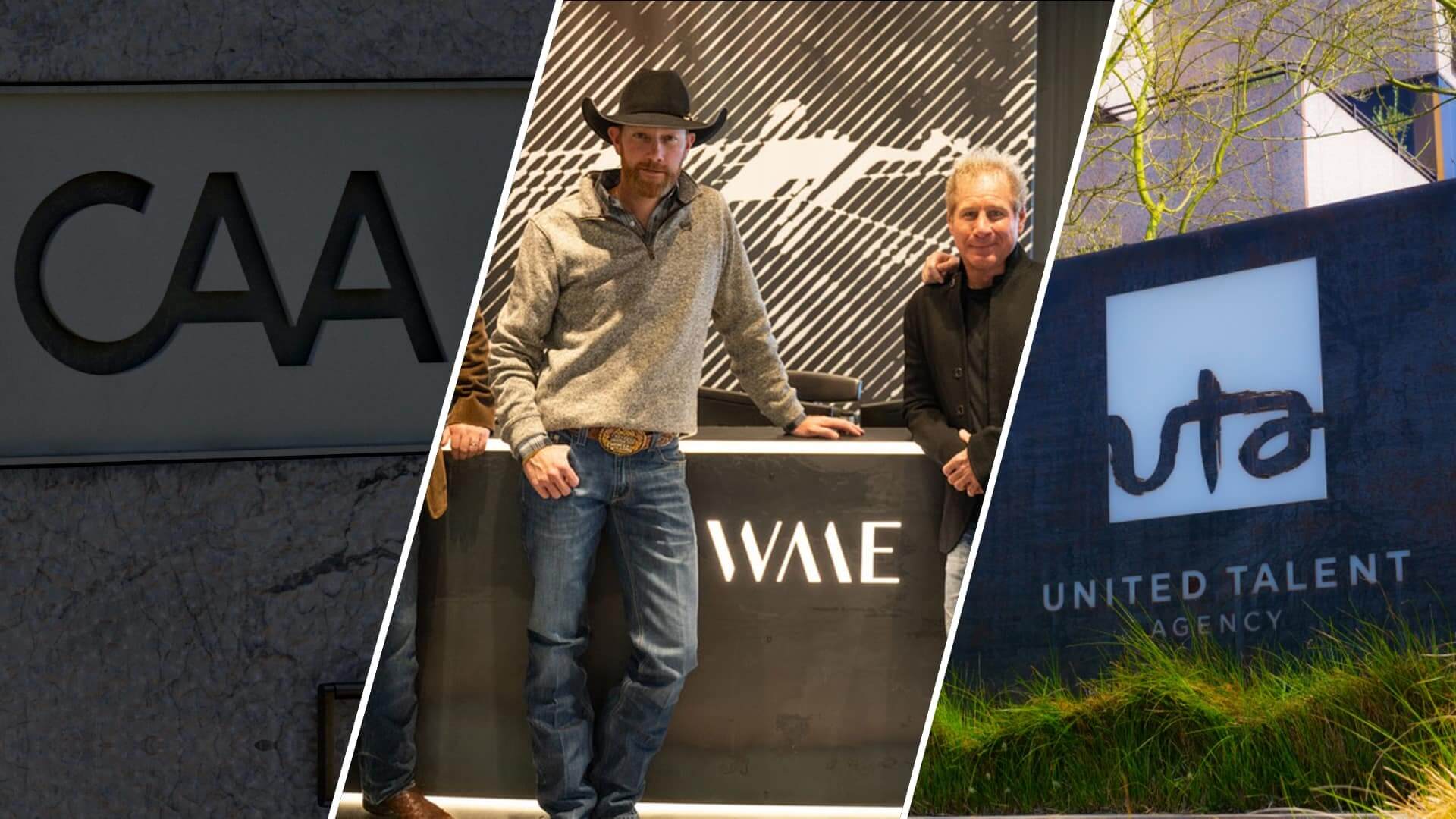The Main Principles Of The Casting Connection
Table of ContentsThe Ultimate Guide To The Casting ConnectionUnknown Facts About The Casting ConnectionThe Casting Connection Can Be Fun For EveryoneHow The Casting Connection can Save You Time, Stress, and Money.4 Simple Techniques For The Casting Connection
A talent representative serves as an agent for musicians, performers, athletes, and various other people in the home entertainment market. Their primary duty is to promote and represent their clients' rate of interests, helping them secure opportunities such as acting duties, modeling gigs, endorsements, music contracts, or sporting activities deals. Talent agents function closely with their customers to understand their occupation objectives and ambitions, and afterwards leverage their market connections and proficiency to bargain contracts, safe and secure tryouts, and explore numerous avenues for direct exposure and success.Talent scout usually function in hectic and dynamic atmospheres that focus on the home entertainment industry. Their work environments can differ based upon the size and kind of company they are used in. Right here are some common facets of the work environment of a talent agent: Skill Agencies: Many talent scout operate in ability agencies, which can vary from small shop agencies to big, reputable firms.

The Casting Connection Things To Know Before You Buy
These meetings can take location in the firm's workplace, at client events, or at exterior places convenient for the customer. Auditions and Spreading Calls: Representatives might accompany their customers to auditions and casting calls, supplying assistance and assistance throughout the procedure. This can entail traveling to different locations, such as production workshops, casting workplaces, or movie sets.
These settlements frequently happen using phone or e-mail, with agents working carefully to safeguard desirable terms for their clients. Research and Sector Updates: Agents stay informed concerning sector patterns, casting telephone calls, and market needs. They carry out research on possible clients, projects, and sector growths to supply useful understandings to their clients.
They use email, telephone call, video conferencing, and specialized software program to remain in touch with customers and sector contacts. https://www.quora.com/profile/Jeremiah-Smith-757. High Stress and Lengthy Hours: The show business operates tight timetables and target dates - Online Theatre Company Database. Talent scout frequently function long hours, consisting of nights and weekends, to guarantee they are available to react to possibilities and client needs promptly
They must be critical and convincing to protect the most effective bargains for their clients, whether it's for a role in a film, a modeling contract, or a music deal.
Some Of The Casting Connection
As soon as you recognize the distinction, it becomes very clear. But many people new to the acting company, and even more of those beyond it do not understand the difference. In a few words: Essentially, a talent representative is employed by the actor to stand for the star. The actor's agent watches out for ability's passions, functioning on their behalf (the really interpretation of "representative").
They are employed by the producer or the end-client, and their loyalty is to that side of the production chain. But is the difference truly so simple? No. We'll need a couple of even more words First, allow's clarify the word "representative." In business of product marketing and advertising and marketing communications, there are all sort of representatives.

And yet, although the talent scout is paid by ability (usually via payment), they must also satisfy the manufacturer to do their job successfully. Related Site Casting Agent: Rarely in major markets, but in some cases in smaller markets, some talent scout play both duties, at least functionally. They represent the talent (usually being paid by commission), yet they might likewise carry out tryouts themselves.
Some Known Factual Statements About The Casting Connection

Ad agency: This agency stands for the "marketer," which is the firm that develops or markets the product and services being sold. http://prsync.com/the-casting-connection/. With the flowering of media kinds over current decades, an advertising agency might develop any type of advertising and marketing communication or audio item, varying from a radio commercial to a viral web video
These, and agents by various other names are similar to the ad agency, because they serve the marketer, in different ways. Their solution may be broader (e.g., an advertising firm could do anything that is marketing-related), or might be a lot more details (e. Open call auditions in the US.g., a media agency suggests and/or acquires media time and space)
The Casting Connection Can Be Fun For Everyone
Executive recruiter. This is not a lot a title as a strategy to finding and choosing brand-new skill. It describes seeking out interesting (and with any luck capable) talent, instead of heading out with the traditional spreading chain and having picked options return. The looking procedure might consist of the full universe of trained, established ability, however is not necessarily restricted to them.
From a client/producer's perspective, scouting for ability is a legit method, yet most likely not their only approach. It's inherently ineffective and unforeseeable; the talent may have some distinctive top quality, however be inexperienced, undirectable and/or unreliable, and obviously, the beginning of a limited production routine is not the time to start searching for diamonds in the harsh.